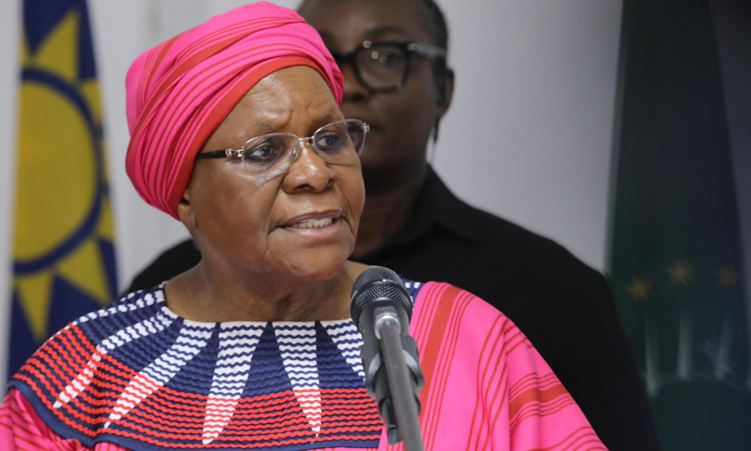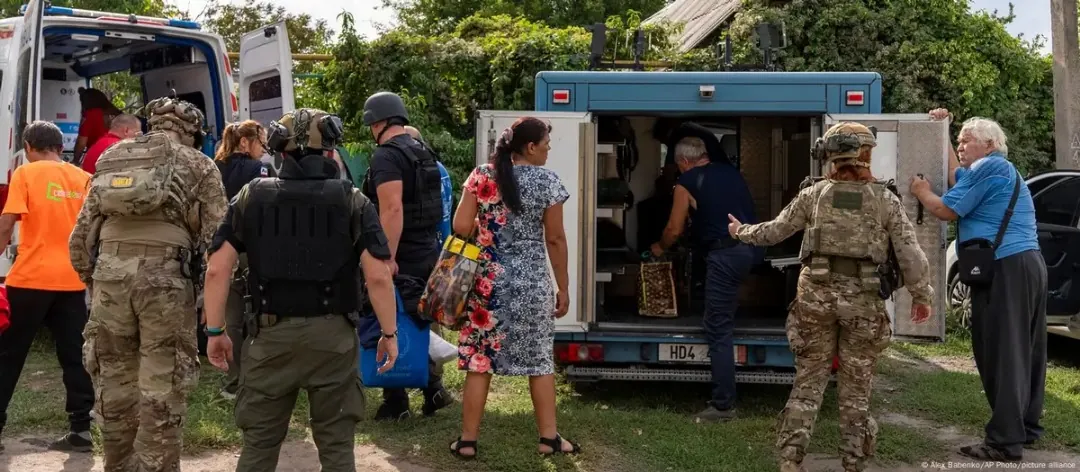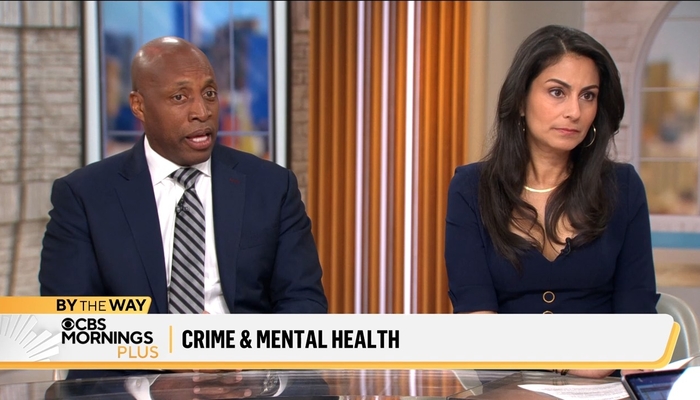By Martin Endjala
Copyright namibian

Several political parties have hit out at Swapo president Netumbo Nandi-Ndaitwah for claiming service delivery will be impossible if the ruling party does not win the majority in the upcoming regional and local authority elections.
Nandi-Ndaitwah says she fears the development plans at some Swapo-led regional councils may not materialise if the party does not win a majority.
She says if the party fails to win the majority of the November elections, service delivery delays may be blamed on the party.
She stated this on Saturday at the party’s central committee meeting in Windhoek.
“From material evidence, it is clear that should there be some areas where [Swapo] will not have a strong majority, service delivery will be delayed by standoffs, workouts, unnecessary disputes and any other thing that may be found to undermine our development agenda,” she says.
She urged the party to ensure it wins the majority in all 121 regional constituencies and 59 local authorities.
SELF-SERVING COMRADES
Nandi-Ndaitwah cautioned party members against self-serving, citing that petitions born out of indiscipline and self-serving erodes the trust of the people in the party.
“I am deeply concerned about petitions sent to the party. I remind all leaders and party members that honesty, integrity and loyalty to the party must be the campus to the guide of our actions,” she said.
She urged all members to adhere to the party constitution in terms of code of conducts and rules of procedures.
Her caution follows reports of irregularities in the ongoing party’s branch district selection process of candidates for the upcoming elections.
SWAPO BLAMED
Political analyst Sakaria Johannes blames the incumbent government for the past years’ service delivery delays.
“It’s very ironic that the president can come out and boldly make such statements. The records are there for everyone to see for themselves. Swapo is to be blamed for many of the delays in service delivery because they have been in power for 35 years now and still the issue persists,” he says.
Johannes says the only reason the president made such a statement is to illustrate a desire to make amends but that remains to be seen, adding that other political parties will pose a huge challenge to Swapo, especially in regions where the inhabitants have had enough with empty promises.
FEAR OF LOSING
While she warns that development will be delayed without a Swapo majority, political analyst Ndumba Kamwanyah questions what the party has delivered in the last 35 years – when they already had the majority.
He says she has been part of the same government for years.
“The lack of service delivery cannot be blamed on others now. Framing it as if only opposition parties cause delays ignores the long-standing failures under Swapo’s full control.
“In this light, her message sounds more like fear of losing power disguised as a call for stability,” he says.
Meanwhile, Association for Localised Interests leader Josef Kauandenge says Swapo has been in charge of the country for the past 35 years and has failed to respond to the needs and aspirations of the people.
“For the president to say Swapo must get a majority in the upcoming local and regional elections to provide services is far-fetched and at best political cosmetics,” he states.
Kauandenge believes increasing informal settlements in most towns happened under Swapo’s watch.
“They have lied to Namibians for too long and they don’t deserve to be given any majority in the upcoming elections,” he adds.
Hardap Regional Council chairperson from the Landless People’s Movement (LPM) Gershon Dausab says Swapo is frustrated with regions not in their hands.
Dausab says LPM has its own manifesto, which is its social contract with the people who voted for the party in the 2020 regional and local authority elections. He says the party cannot deviate from implementing that manifesto.
“We went to the people with our manifesto. The people realised there what Swapo was not doing for them, LPM could do for them. That’s why they voted for us. They trusted us. How can we then go and betray that trust by implementing Swapo’s manifesto in the Hardap region?” says Dausab.
Currently, LPM is ruling in all seven constituencies in the Hardap region.
||Kharas Regional Council LPM chairperson Joseph Isaacks says Namibia is founded on the principle of democracy and rule of law, therefore, if the majority of voters found Swapo to be irrelevant to their needs after 35 years, then Swapo must accept that they have failed.
He says political parties must implement plans and projects based on the people’s needs, using resources contributed by taxpayers, royalties from large corporations, and other state income sources.
“Look at the Hardap and ||Kharas regions with their natural resources in fishing, mining, tourism and agriculture, but no real development after 35 years. Those resources belong to the state, not to Swapo,” says Isaacks.
In 2020, former prime minister Saara Kuugongelwa-Amadhila accused LPM of causing a stagnation in service delivery and development in regions where the party has influence at the local authority level. Kuugongelwa-Amadhila made these remarks at a meeting held with the ||Kharas regional leadership.
At the occasion the ||Kharas Regional Council was providing feedback on government-funded capital projects worth over N$500 million that have been left incomplete due to a lack of funding, legal issues between government and contractors as well as ministries.
The former prime minister’s remarks were, however, countered by Lucia Basson who served as the governor of ||Kharas from 2015 to 2020. She says the majority of the projects listed were abandoned halfway through her term, which was before LPM took over.
Independent Patriots for Change (IPC) member of parliament (MP) Imms Nashinge says Swapo had a stronghold in Windhoek for 30 years after independence. He says Windhoek has not expanded, questioning whether that is because of opposition political parties.
“It is still at the same place the colonial government left it. All that is growing and expanding are the shacks.
“Look at the Hosea Kutako International Airport. One toilet for how many police officers? The clinic there is closed. If a police officer wakes up not feeling well, where should they go,” says Nashinge.
He alleges former minister of urban and rural development Erastus Uutoni refused to approve the N$2-billion President’s Link real estate development for an entire year. This refusal allegedly led to the money budgeted for the project being returned to the treasury.
He says the project could have had a clear impact on unemployment and poverty alleviation, but it was not approved because it was not considered a Swapo initiative.
“This is how Swapo has frustrated the opposition political parties in bringing tangible development to the people, as they hold the purse strings as well as the power to delay projects, approve projects or ignore proposals from opposition parties,” says the MP.
Responses sought from the former minister proved futile. Calls and text messages went unanswered by the time of going to print.
Swapo’s national support plummeted during the November 2020 elections, when it lost constituencies in the Kunene, Erongo, Khomas, Kavango East and Zambezi regions.
Many have attributed this trend to factors such as high youth unemployment, perceived corruption and poor service delivery.
Former Katima Mulilo Town Council councillor representing the Popular Democratic Movement Lascan Sikosi says the statement made by the president is a mistake.
Sikosi says regional and local authority councillors are elected directly by the people, but when they are sworn in they become one to serve all people regardless of political affiliation, religion or tribe.
Sikosi says if Swapo wants to run service delivery and the socio-economic development agenda on party lines, they are going to fail because, whether Swapo has a majority and the opposition has two or three seats, they should not focus on political affiliation.



